New regulations restrict local fishermen
January 14, 2015
The week of December 12 brought changes for the fishing industry. New cod regulations were put in place which reduces the amount of cod per boat, reduces the net size, tightens report requirements, and limits where to fish.
According to NOAA, while the condition of haddock in the Gulf of Maine has improved, the cod stock is the lowest it has been in forty years.
The new regulations are forcing people to fish fifty miles offshore. While the regulations are put in place to stop the decline of cod, many Gloucester fishermen worry that their boats will not be able to handle the longer trips. For the boats that can handle the voyage, they would also have to face longer days and added fatigue.
“Reductions in daily catch allowances cause a commensurate loss in earnings, and increases time at sea to earn the same paycheck. That, in turn, is more time away from family and increases the risk of something happening at sea from bad weather, injury, etc.,” said local fisherman and fire Captain Gaetano (Tom) LoGrande. “Also, cod caught in search of other species has to be thrown overboard, a stupid waste of food.”
Gus Sanfilippo, former Captain and owner of the Lily Jean, started fishing in the 1990s, when regulations were beginning. Since then regulations have increased annually. In 1997, the system changed so fishermen were allotted a number of days to fish. In 2009, the number of days per boat decreased.
¨Now, they want to reduce the cod quota 75 percent more, after they had already reduced it the previous year approximately 68 percent,” said Sanfilippo. “The first year was already low, but now the quota is even lower.”
Sanfilippo, and others, worry that the limit on cod also affects how much they can catch other species.
“The limit on cod (quota) is a detriment because when you go after other other species of fish you are gonna need cod quota to catch other species,” said Sanfilippo. “This limit on cod will eventually put local fishermen out of business.”
Another problem local fishermen are facing is that, because of the reduced industry, more fish have to be imported to meet the demand for fish. ¨If they can’t get fish locally,” said Sanfilippo. “They have to get fish elsewhere to meet their demand which leads to losing business locally.¨
Still, Sanfilippo says it is possible to revive the fishing industry.
“If fishermen and scientists collaborate with stock assessments, it may be possible to see more fish than the scientists see – because all they see is the troll survey, which is conducted in odd areas where codfish are not even found.”
According to Tim Buckley, communications director for Governor Charlie Baker, Baker feels the state should encourage its higher education and research institutions to develop an accurate picture of fishing stock.
“It is imperative that NOAA incorporates the views and on-the-ground experiences of the fishing industry into its continued research on the viability of the cod population,” said Buckley. ¨Providing fishermen the advocacy they deserve while working with federal regulators to sustain the cod stock will be a priority for the Baker-Polito administration.”
Regulations are set to last six months, at which time they be re-evaluated.
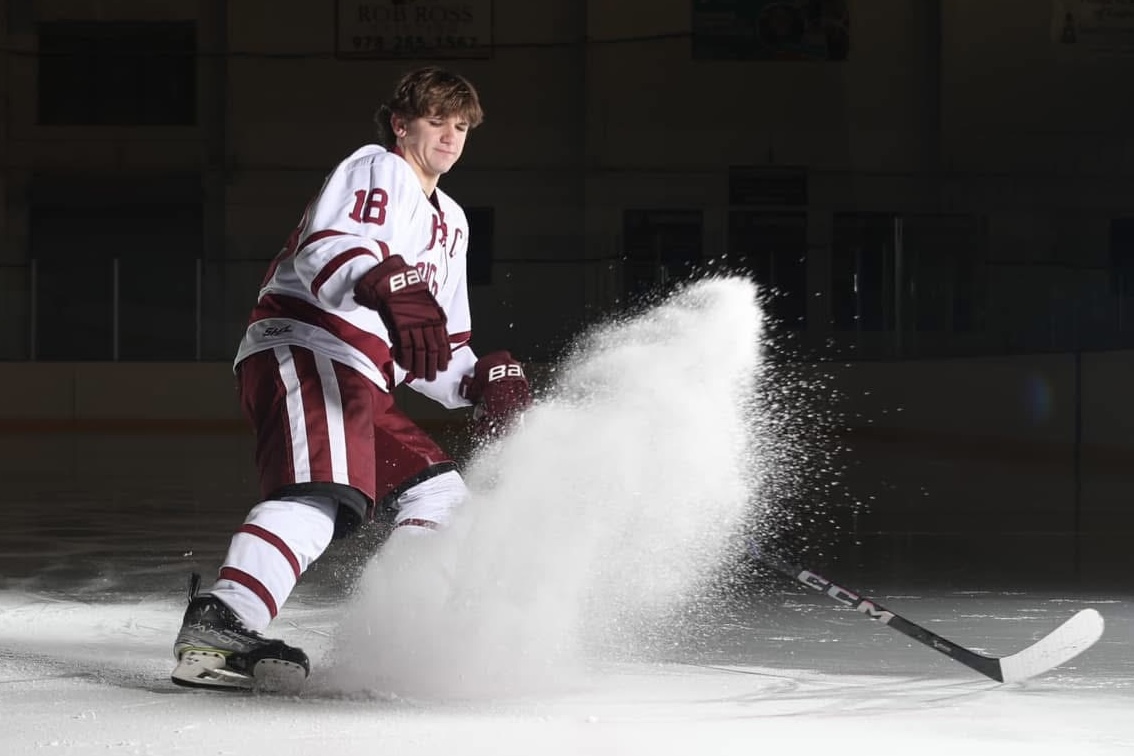

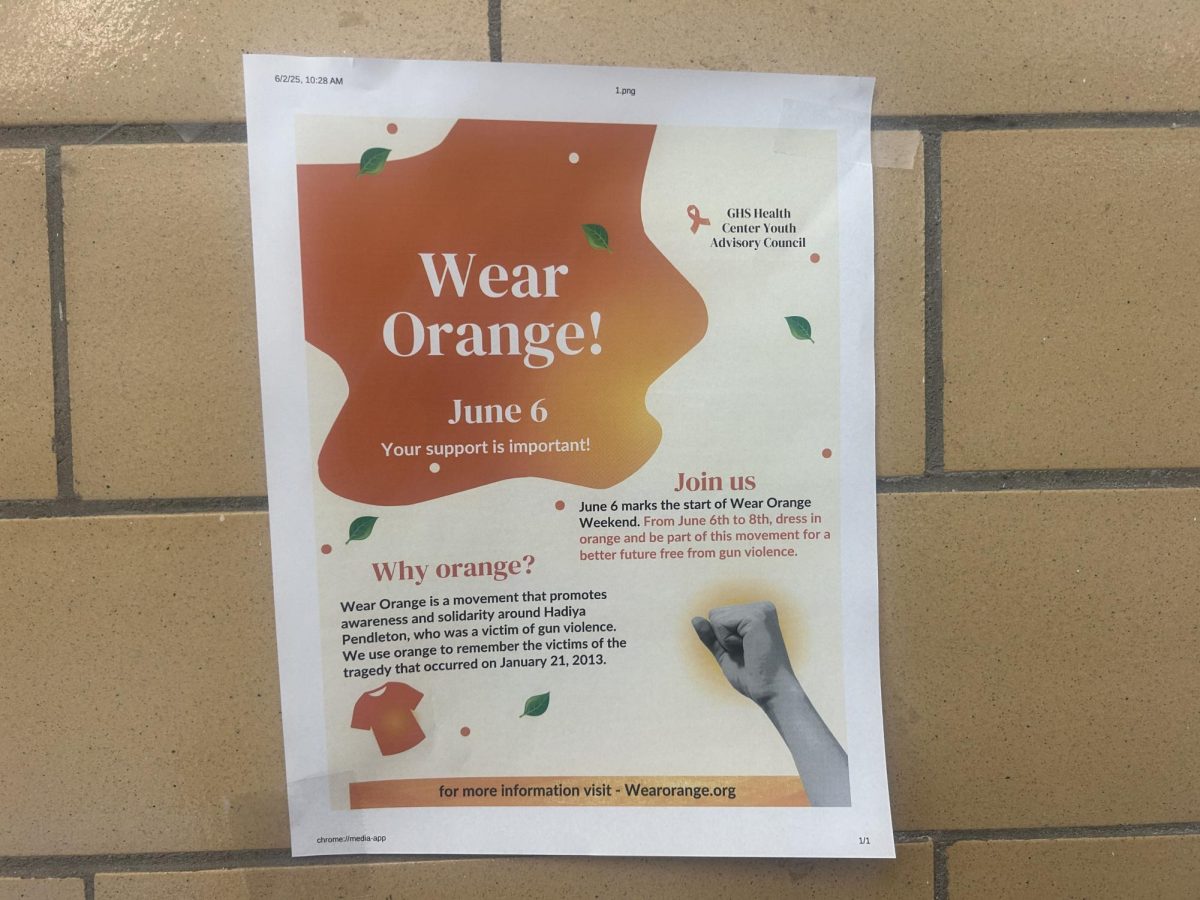
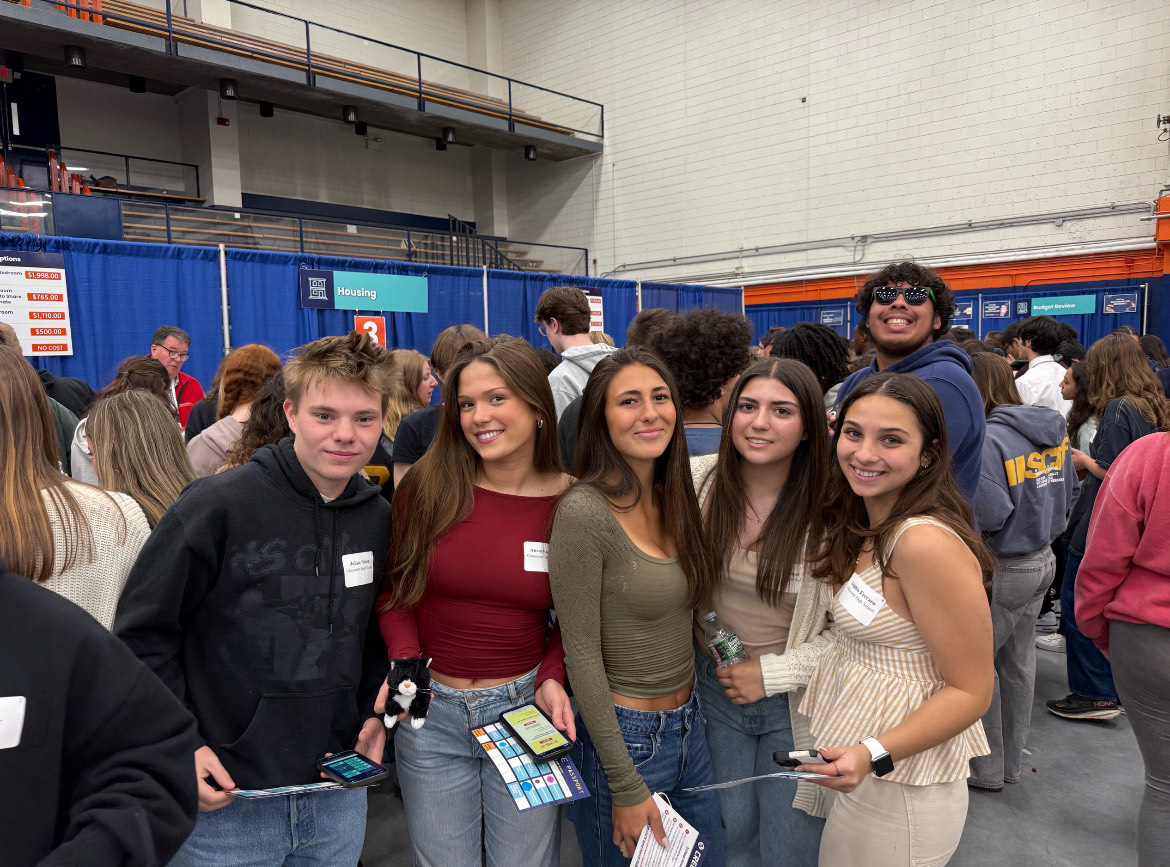
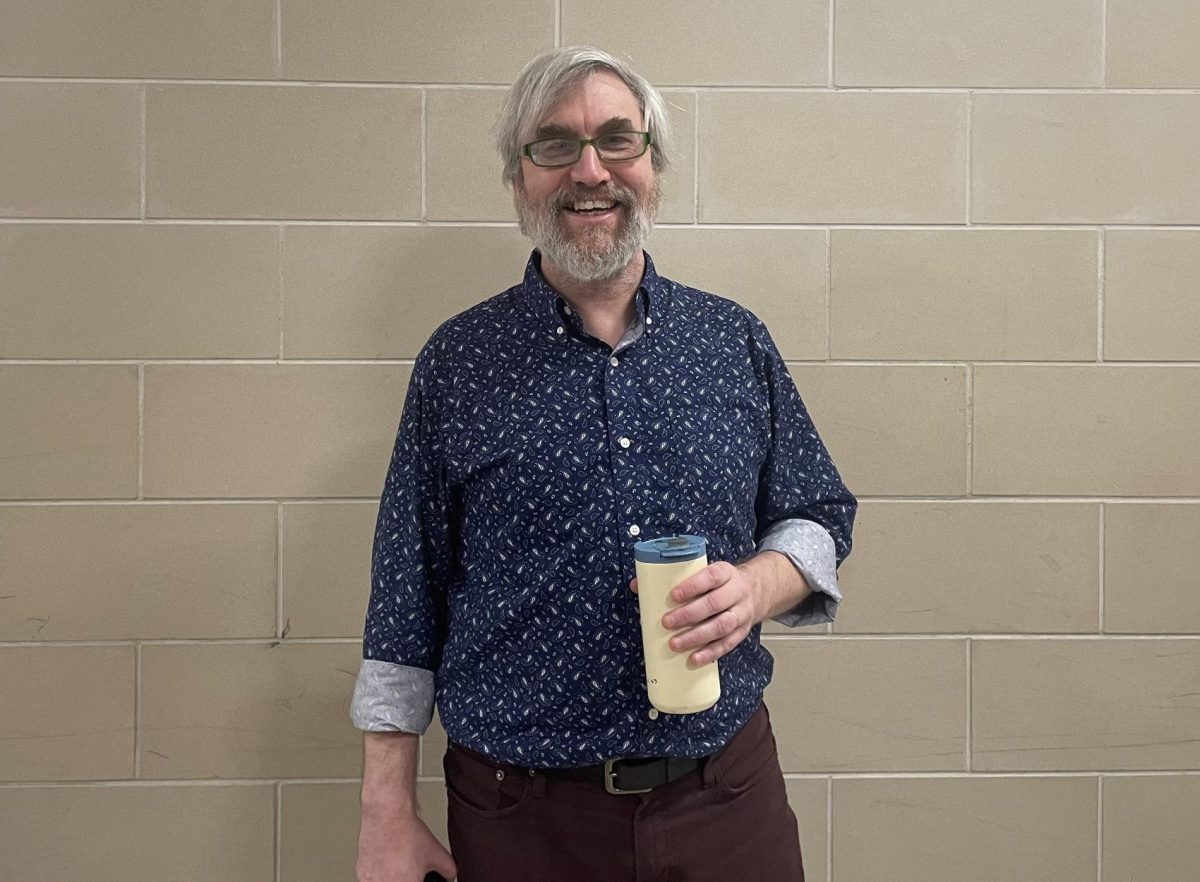




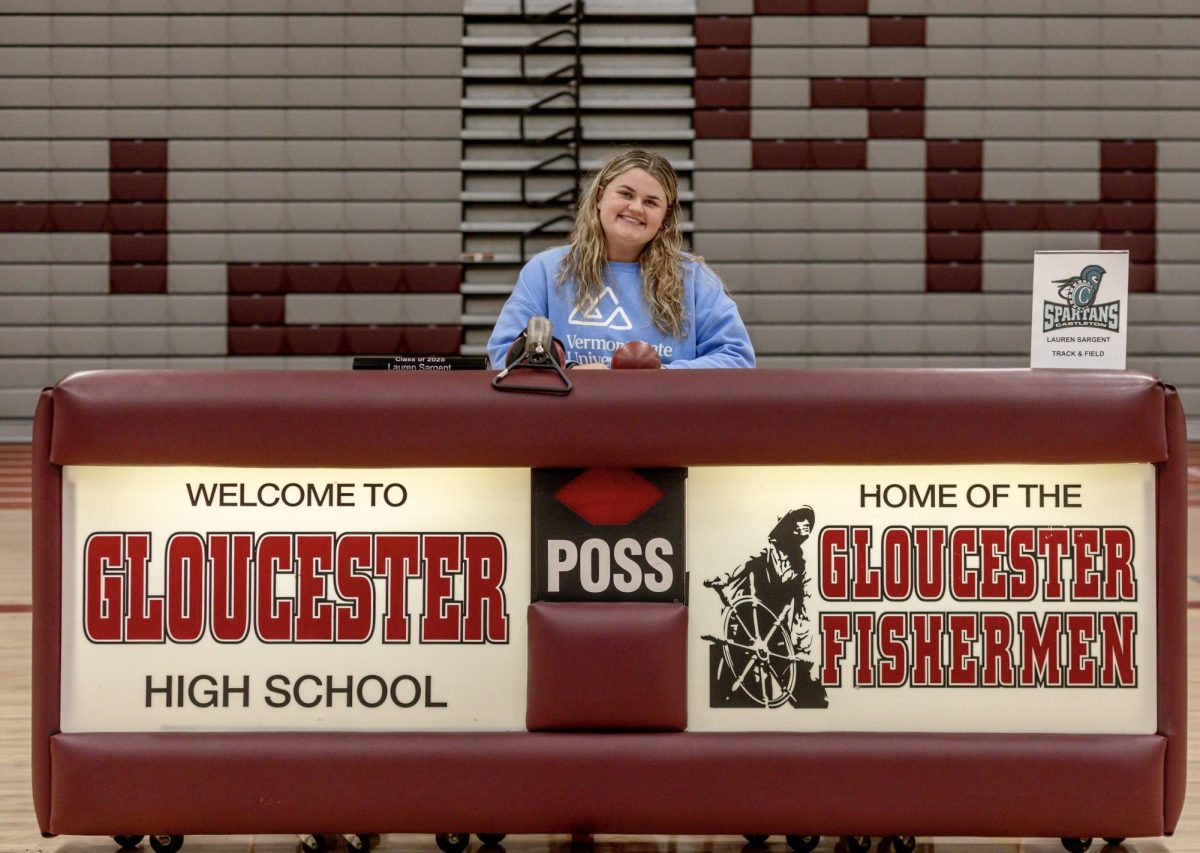
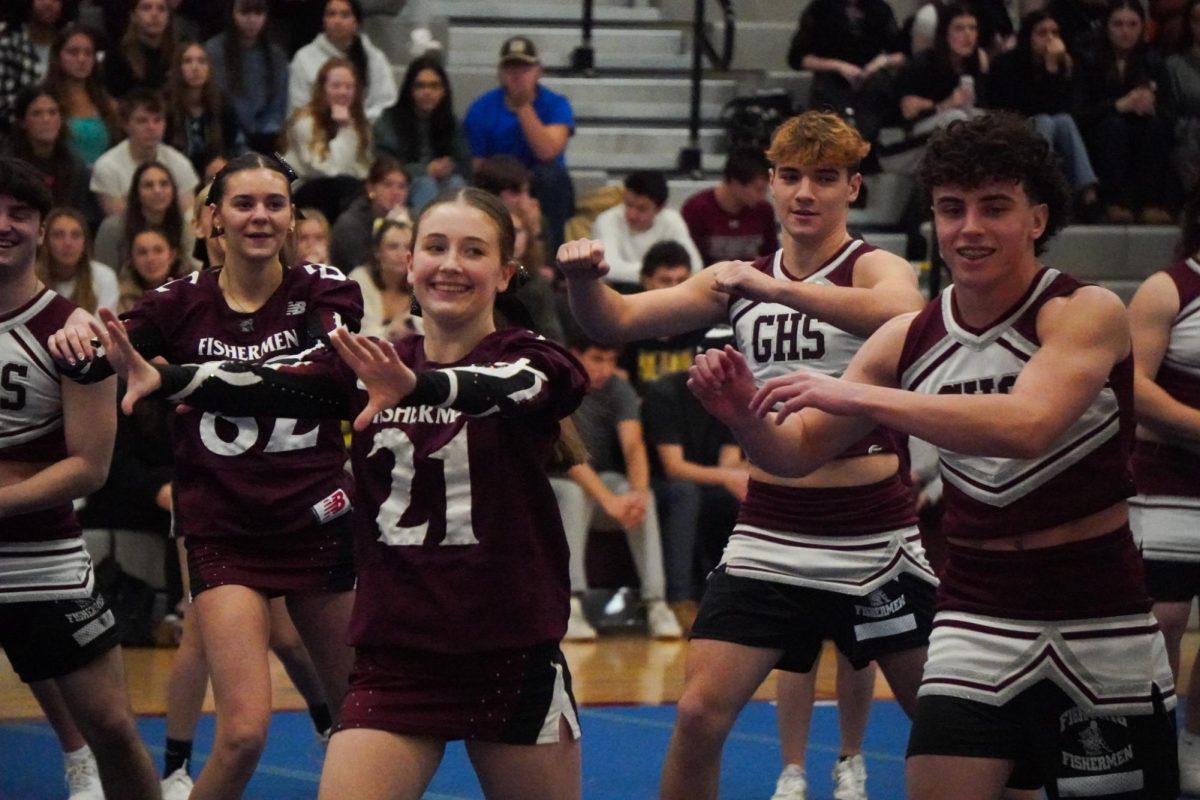
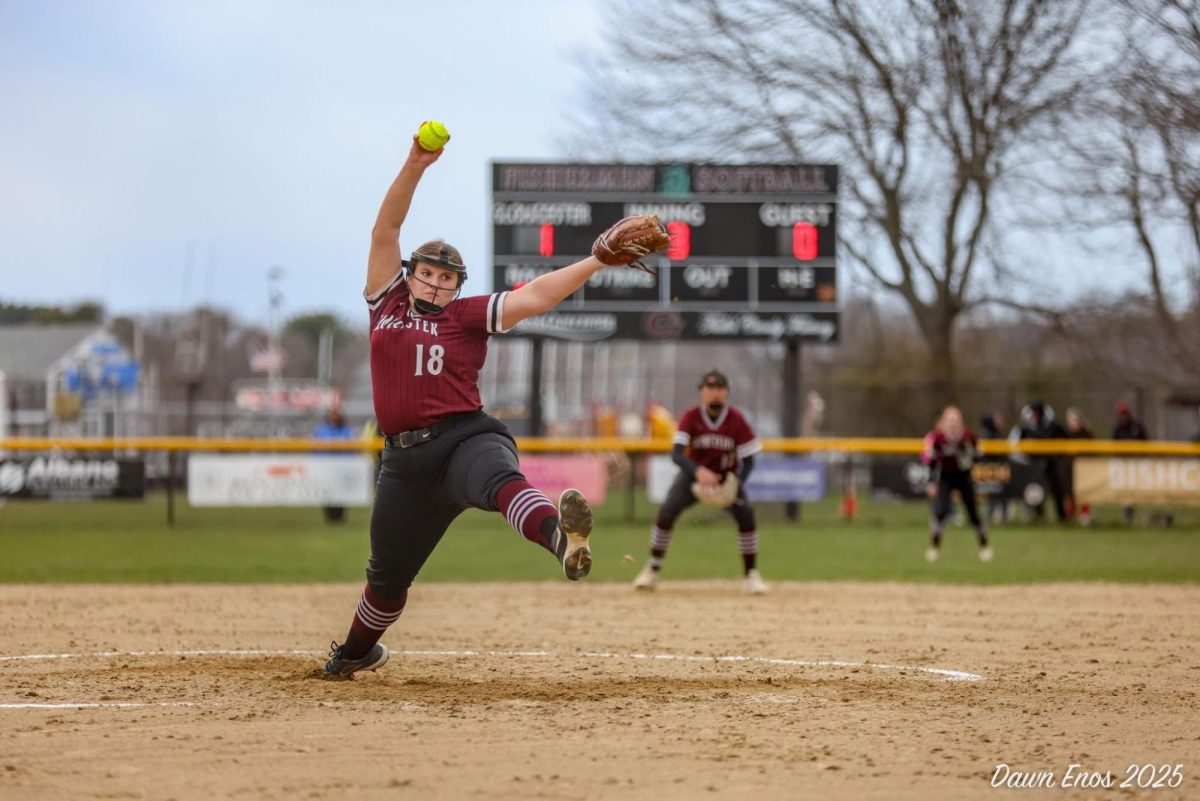
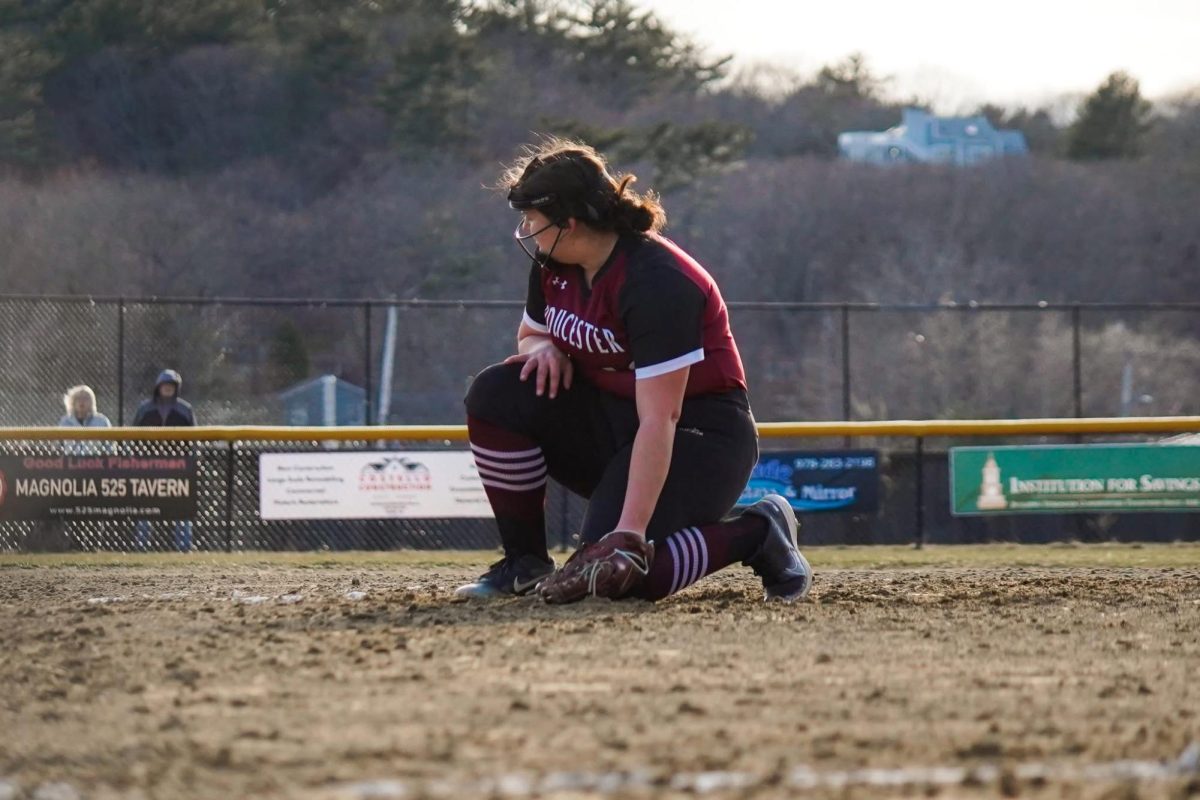
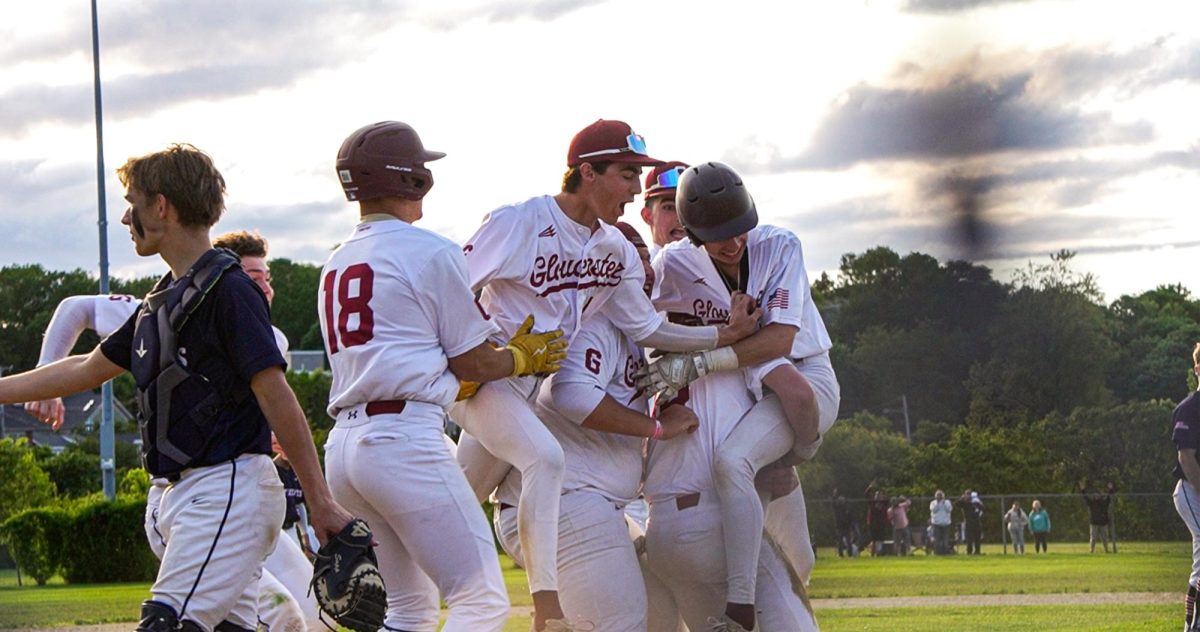
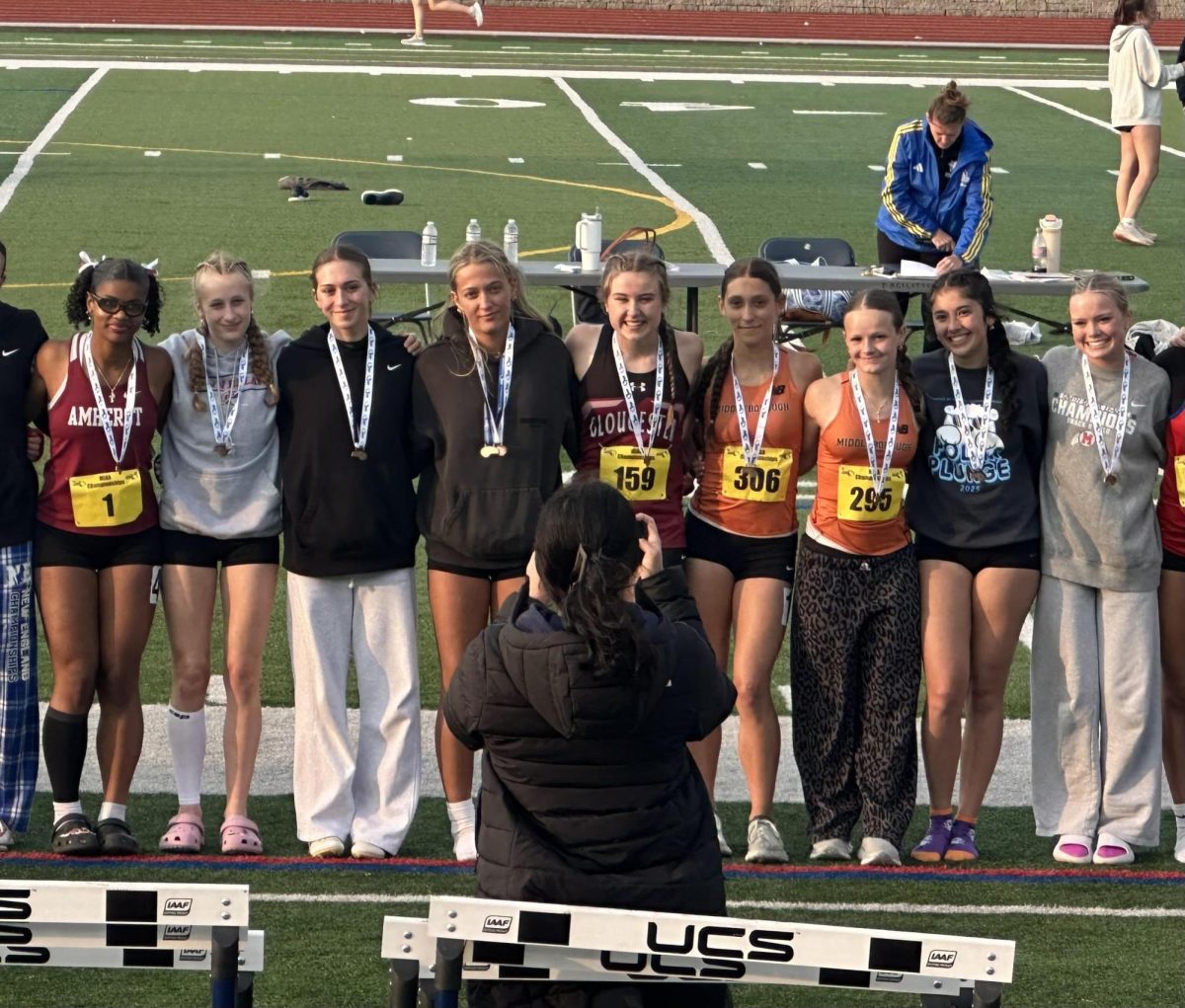



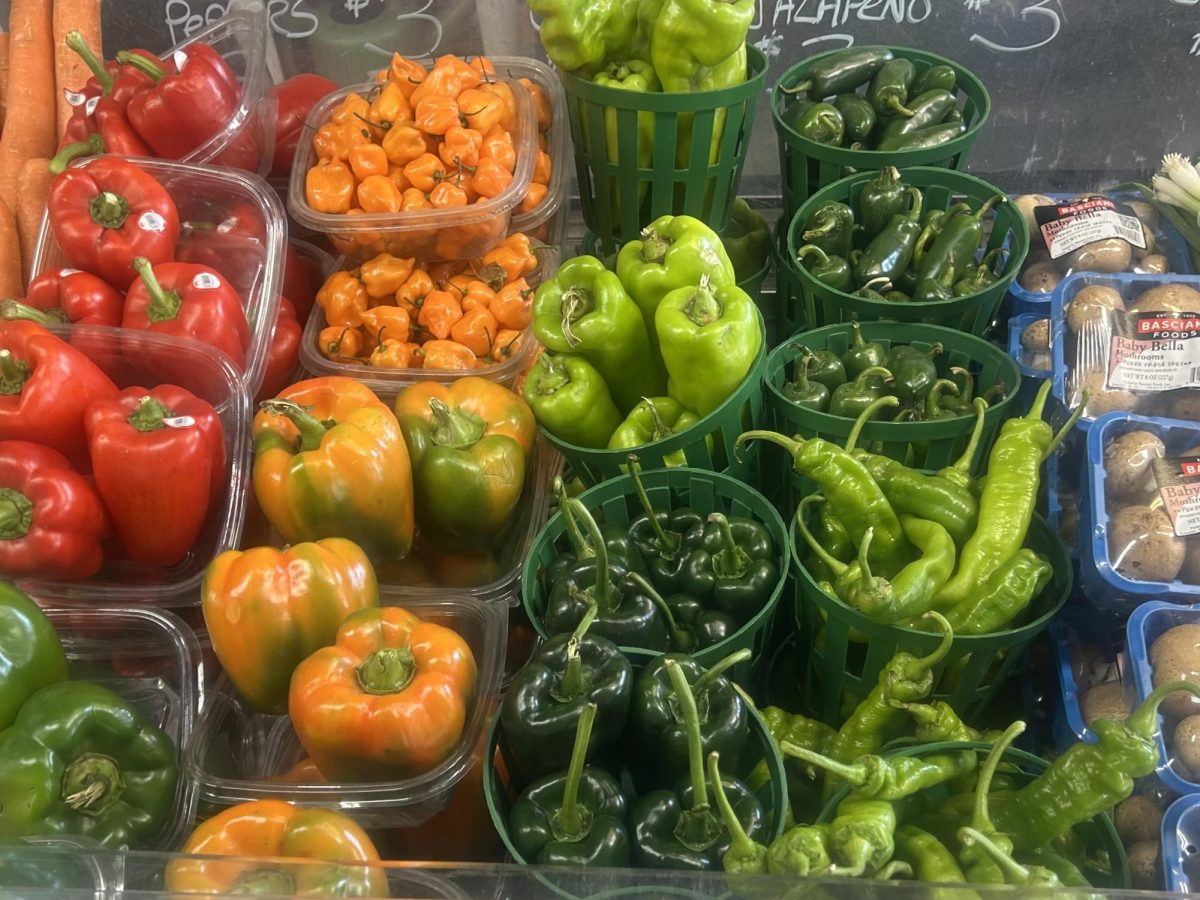
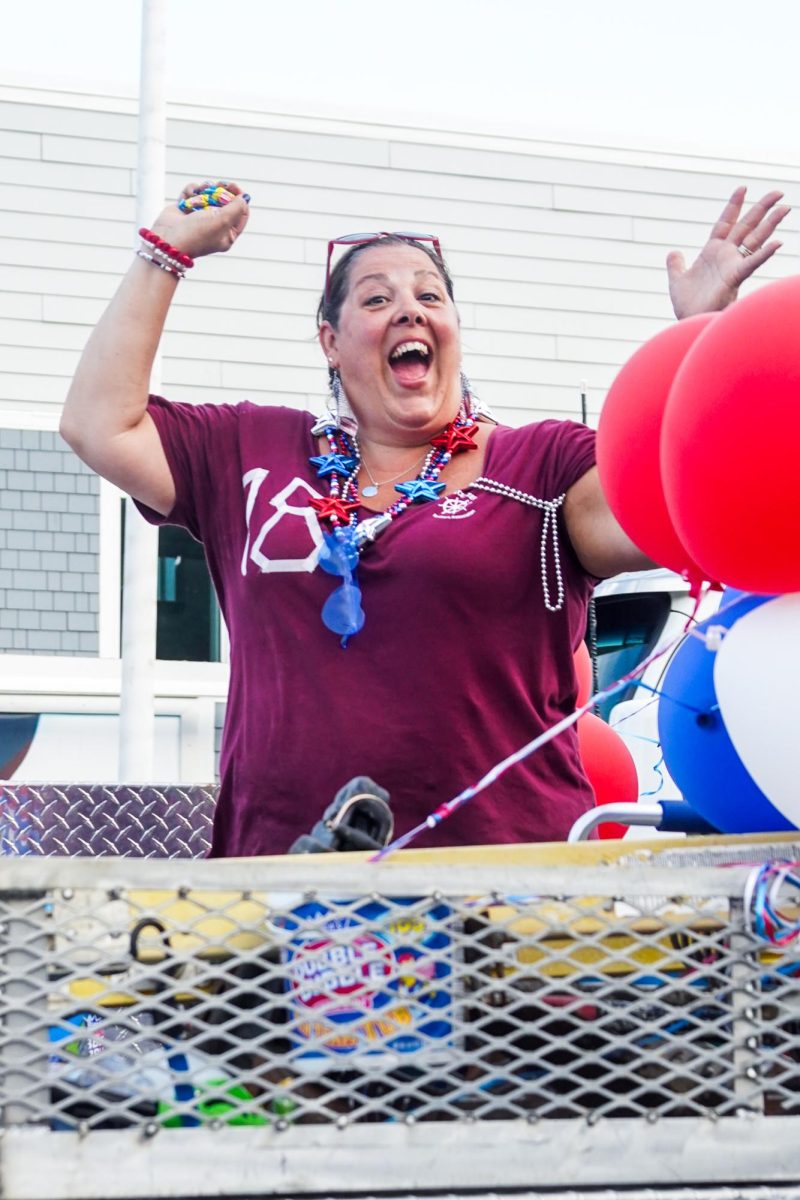









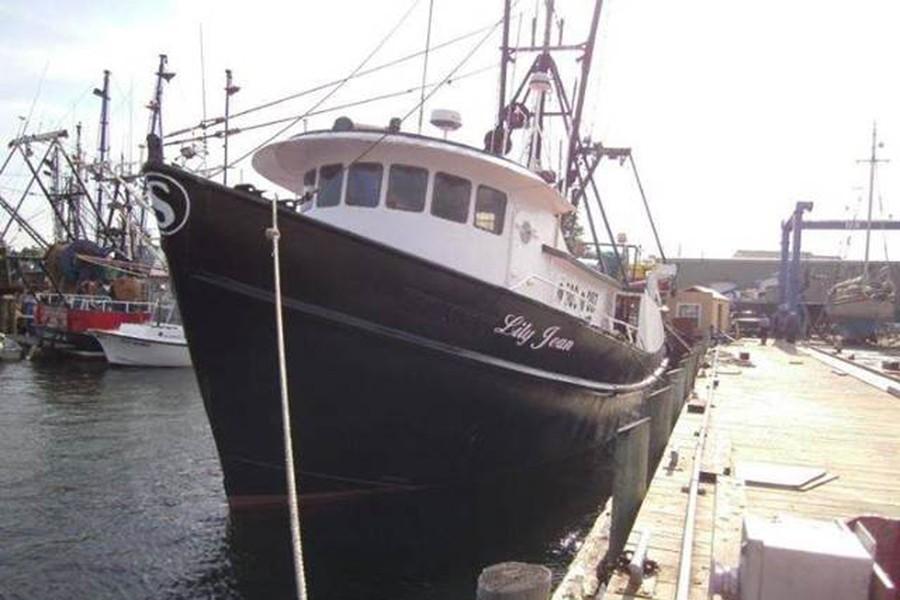

SPENCER TAFT • Jan 16, 2015 at 1:30 pm
I guess you could say NOAA has played their “trump cod” heh get it? jokes aside NOAA really needs to overhaul their system, because they’re going to have fishermen and their families breaking down their doors if they continue like this